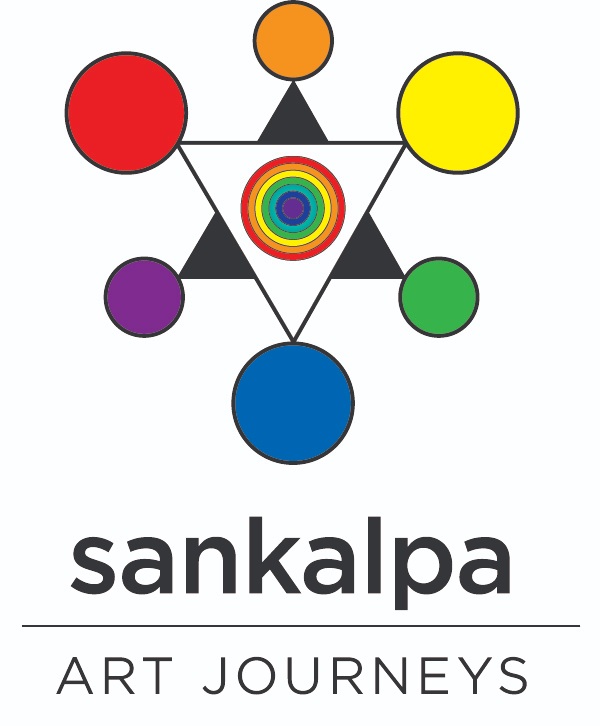A question I am asked often, and struggle to answer briefly.
Personally, I have found that art therapy is an alternative language, facilitating access to the unconscious in ways most of us may not be able to verbalize. It is a powerful field that I feel fortunate to have found, and it is quickly gaining recognition and acceptance though it has existed for over 50 years. Art therapists work with individuals and groups, in a variety of settings including in hospitals, schools, treatment centers, businesses, and private practices. My personal interests and goals within art therapy are quickly branching into international work.
Below is a link to a video which was presented at the 2007 American Art Therapy Association conference, which I attended in Albuquerque, New Mexico in November. The video captures this powerful work in an accessible and inspiring way, hope you enjoy it!
http://youtube.com/watch?v=5jY4s-3UEjg&feature=related
One of many links with more information (AATA website): http://www.arttherapy.org/about.html
Personally, I have found that art therapy is an alternative language, facilitating access to the unconscious in ways most of us may not be able to verbalize. It is a powerful field that I feel fortunate to have found, and it is quickly gaining recognition and acceptance though it has existed for over 50 years. Art therapists work with individuals and groups, in a variety of settings including in hospitals, schools, treatment centers, businesses, and private practices. My personal interests and goals within art therapy are quickly branching into international work.
Below is a link to a video which was presented at the 2007 American Art Therapy Association conference, which I attended in Albuquerque, New Mexico in November. The video captures this powerful work in an accessible and inspiring way, hope you enjoy it!
http://youtube.com/watch?v
One of many links with more information (AATA website): http://www.arttherapy.org/about.html
